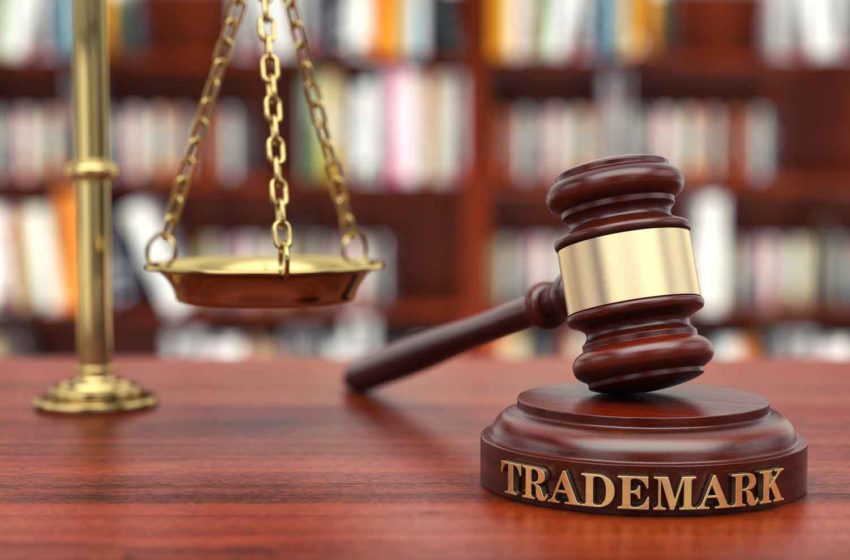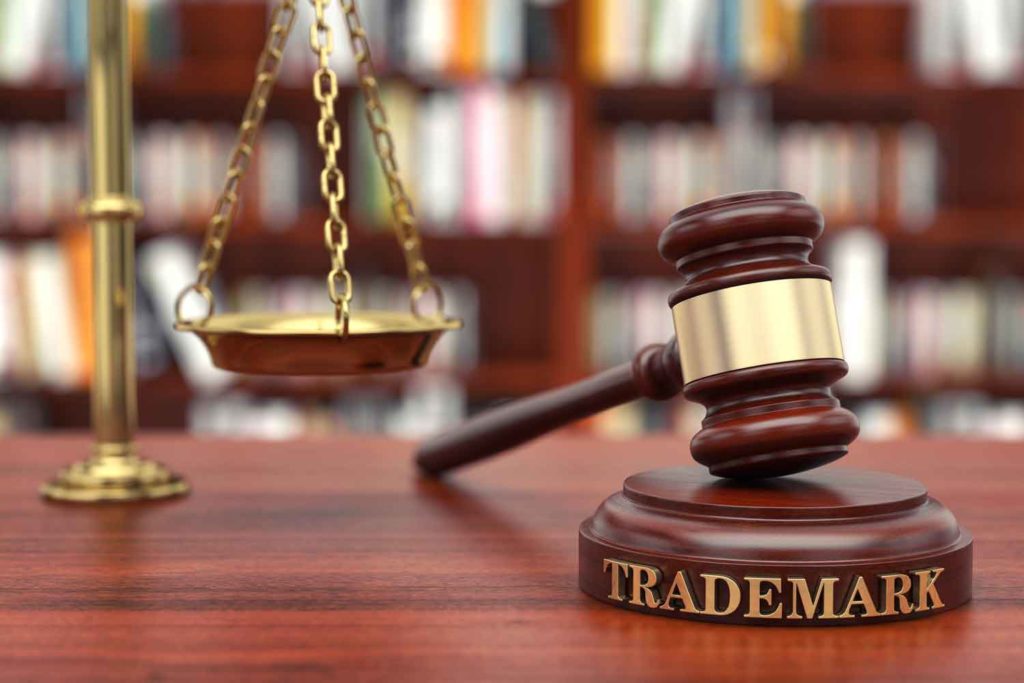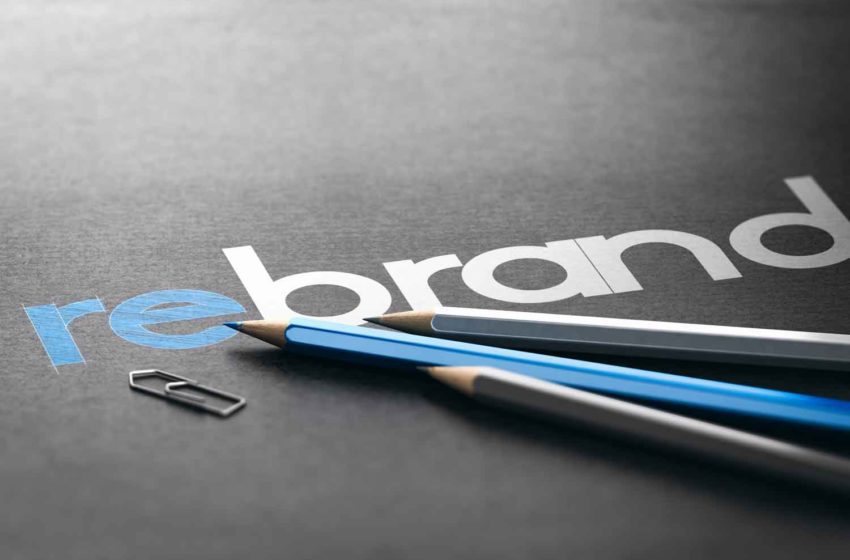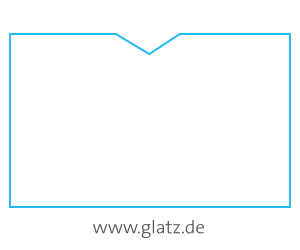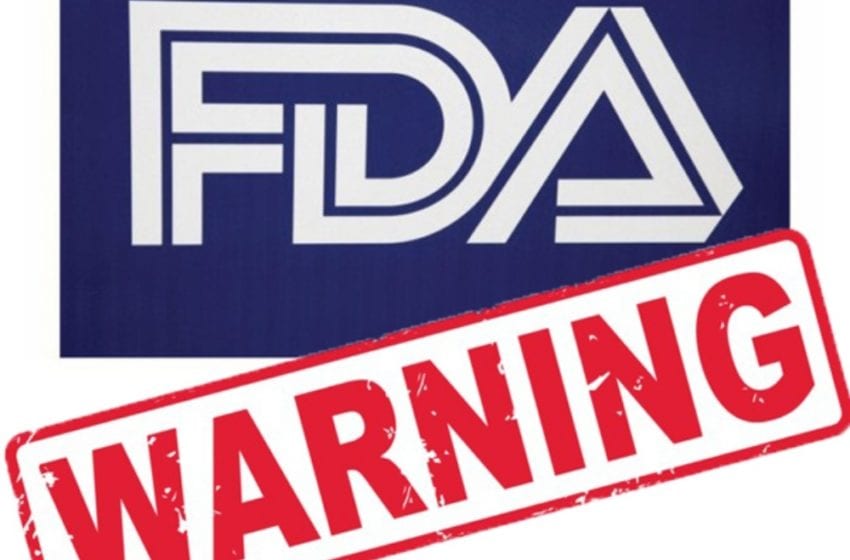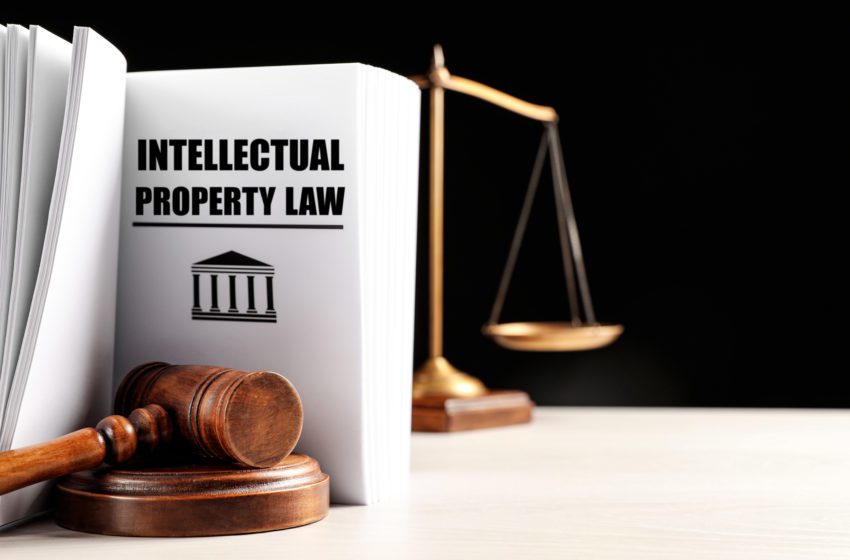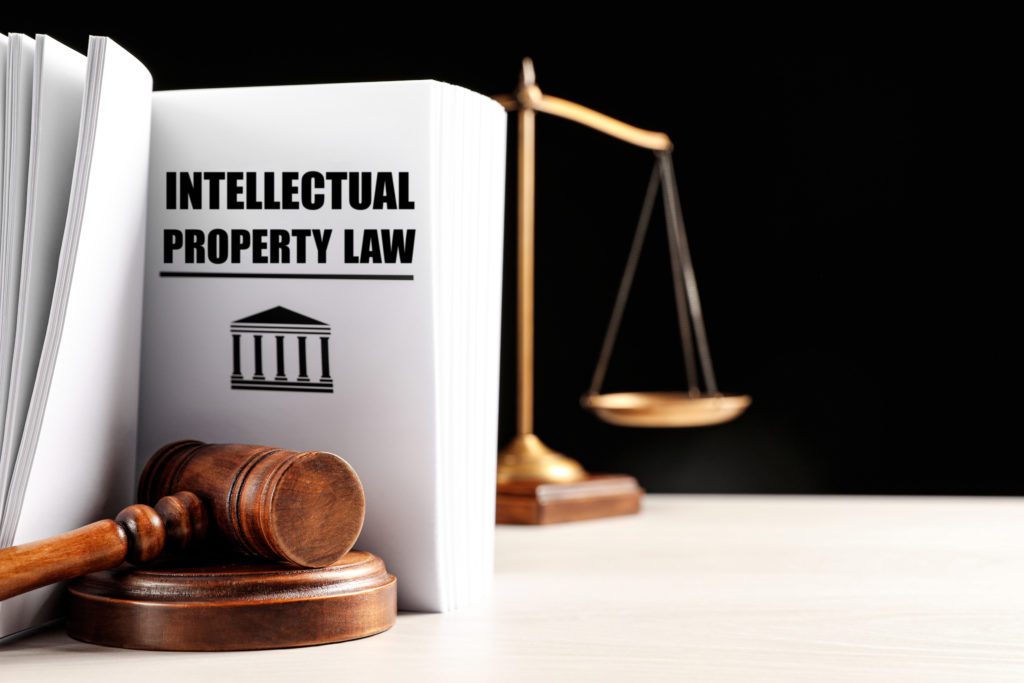The Patent Trial and Appeal Board (PTAB) of the United States Patent and Trademark Office ruled to uphold the validity of a VPR Brands patent that is considered one of the first patents for modern electronic nicotine-delivery system (ENDS) products.
The PTAB denied the appeal filed by Jupiter Research (case No. IPR2022-0029) that was seeking to invalidate the VPR’s U.S. Patent number 8,205,622 B2. The decision of the PTAB is not appealable.
The VPR patent dates to 2009 and includes independent claims covering electronic cigarette products containing an electric airflow sensor, including a sensor comprised of a diaphragm microphone, according to a press release.
The sensor turns the battery on and off, and covers most auto-draw, button-less e-cigarettes, cig-a-likes, pod devices and vaporizers using an airflow sensor rather than a button.
The PTAB’s decision denying institution clears the way for VPR’s infringement litigation against Jupiter pending in the District of Arizona to proceed. Claim construction in that pending suit has already been completed. While some discovery still remains, the case should proceed to pre-trial motions this year, according to the release.
VPR Brands along with its representation, SRIPLAW, has started to identify and notify over 50 of the leading companies using the auto-draw technology and VPR Brands intends to vigorously enforce its patent.
“These companies were prioritized, based on sales volume and popularity. Most recently VPR Brands LP and its legal team, headed by Joel B Rothman of SRIPLAW, have filed litigation against nine of the companies,” the release states. “Additional lawsuits will continue to be filed as necessary to protect the company’s intellectual property rights.”
A majority of the vaping devices sold in the U.S. now utilize an auto-draw/button-less technology. The company is investigating all button-less vape devices within the nicotine, CBD and cannabis space that initiate vaporization from the user’s airflow inhalation as those types of products would be suspect of infringement.
The company may also seek a buyer for this patent in the future. In August 2013, Imperial Tobacco Group (now ITG Brands) purchased the intellectual property behind the Ruyan e-cigarette, often considered the first modern ENDS product, for $75 million.



